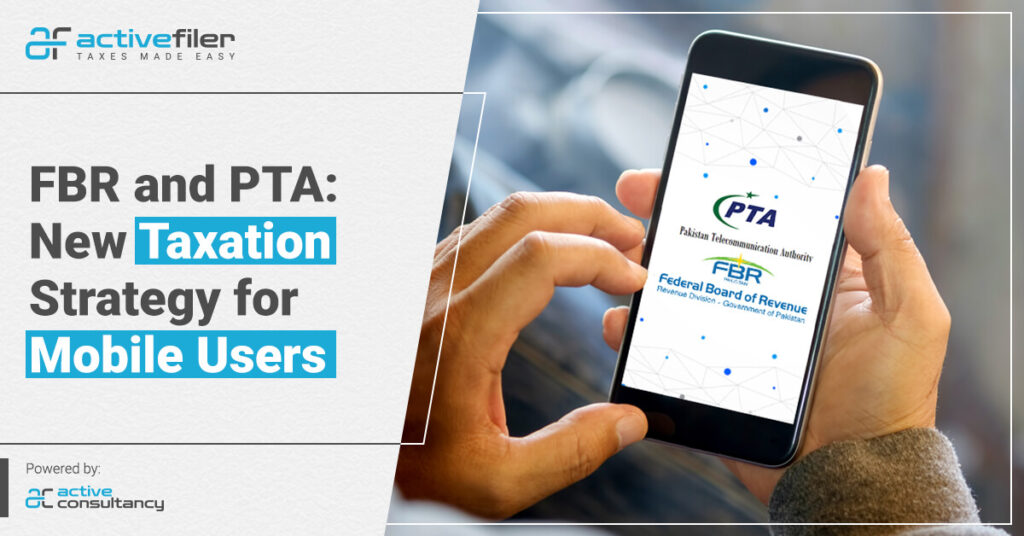A parliamentary committee directed the Pakistan Telecommunication Authority (PTA) and the Federal Board of Revenue (FBR) to develop a comprehensive strategy to benefit mobile phone users on Wednesday, 24th November 2021.
Standing Committee on Cabinet Secretariat of National Assembly with Kishwar Zehra as its Chairman summoned Chairman PTA and Chairman FBR. They called the Chairman of the National Database & Registration Authority (NADRA) and the head of Federal Investigation Agency FIA as well so that they can provide their response on the issuance of fake SIM cards in the next meeting.
The National Assembly referred the issue to the committee because it was concerned with the taxation of mobile prepaid cards. The committee seemed unhappy that the FBR had not investigated the integrity of tax returns filed by telecom companies that showed they had deficits.
According to the NA panel, the mobile card taxes were excessive and the withholding taxes were applied to those customers who did not have to file taxes anyway. Consumers living in areas exempted from government taxes also had to pay taxes on mobile cards.
Although PTA and FBR representatives presented their viewpoints, they could not satisfy the committee members with their responses. The committee expressed dissatisfaction with the responses provided by PTA and FBR about the facilities provided to mobile users. They recalled the Chairman of PTA, the Chairman of FBR, NADRA, and FIA to the next meeting regarding Mobile Card Taxes and Fake SIMs.
PTA Member Khawar Siddique Khokhar responded on behalf of the association, informing the committee that taxes on mobile cards are under the purview of FBR. At the same time, PTA issues license to mobile phone companies and oversee their continuity of service. USF provides mobile phone service in areas in which mobile companies are unable to operate.
According to the FBR spokesperson, 16 percent federal excise duty is levied on consumers of mobile phone cards in the federal area and 19.5% in the provinces on mobile phone cards. Additional withholding taxes are also applied.
The National Assembly member who raised the issue of the heavy levies, Murtaza Javed Abbasi, said mobile users are subject to 11.5% withholding and 19.5% general sales tax. He regretted that taxes were also being collected from those who weren’t subject to taxes. He noted that PTA had not protected the rights of mobile users. On loading a card with Rs.100, mobile users received Rs.61 as a balance.
In Pakistan, according to the PTA member, mobile tariffs are the lowest in the region. Mobile balances are being taxed at 10 percent withholding and 19.5 percent sales tax. According to him, there was a 16 percent federal excise duty. In addition, federal excise duty and general sales tax were deducted from mobile balance usage. The Member of Parliament pointed out that reducing tax is the prerogative of the government and the FBR.
The FBR official explained that the provinces collect sales taxes, and the federal government collects excise taxes. Telecom companies must pay profit tax under the law, but none of them has provided evidence of such tax payments. Abbasi inquired as to how the companies who were losing money could continue to function. He went on to say that consumers pay taxes. However, mobile companies do not disclose their profits and do not pay taxes. He stressed summoning the Chairman of the PTA to give a solution to the consumers’ complaints.
Mohsin Dawar was irritated because, despite the requirement for biometric authentication, people had five SIM cards registered in their names without their knowledge. In response, a PTA official stated that anyone could find out how many SIM cards were in their name by sending an SMS to 668.
The FBR spokesperson responded to a question from a member of the NA committee regarding tax collection by mobile phone companies by saying that all the companies had deficits and consumers were only taxed. As a result, the committee was dissatisfied with the fake tax returns submitted by mobile companies and the FBR’s failure to investigate their tax returns.




